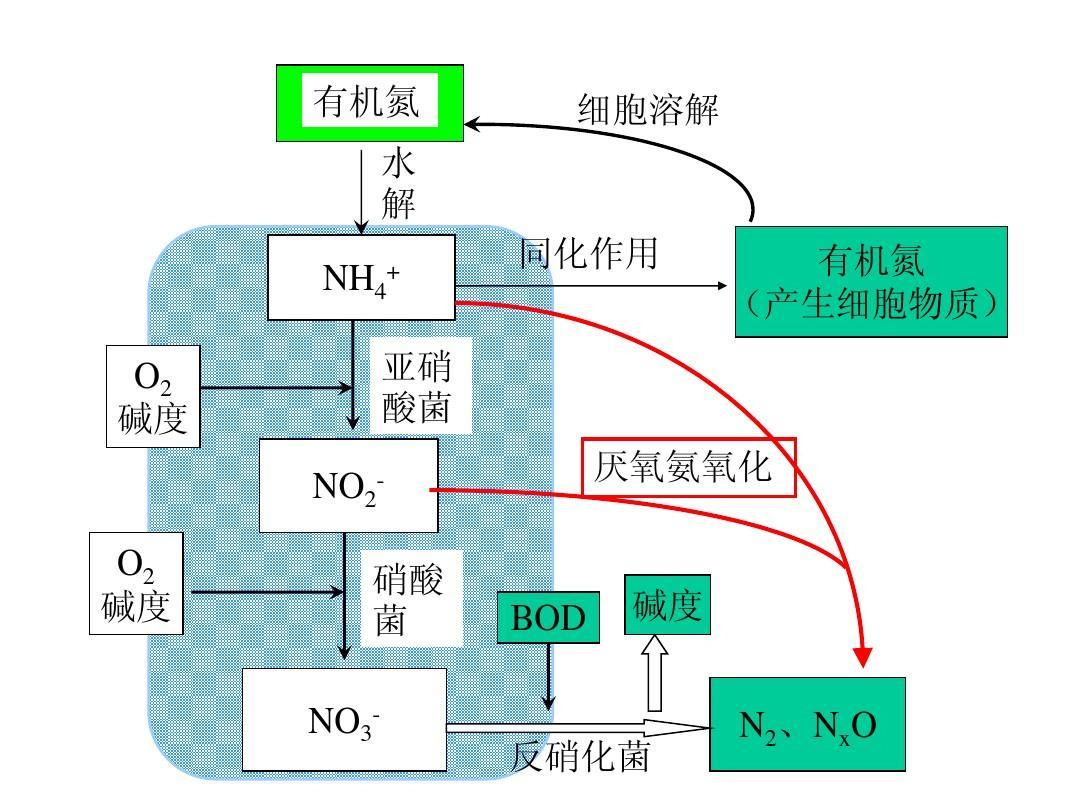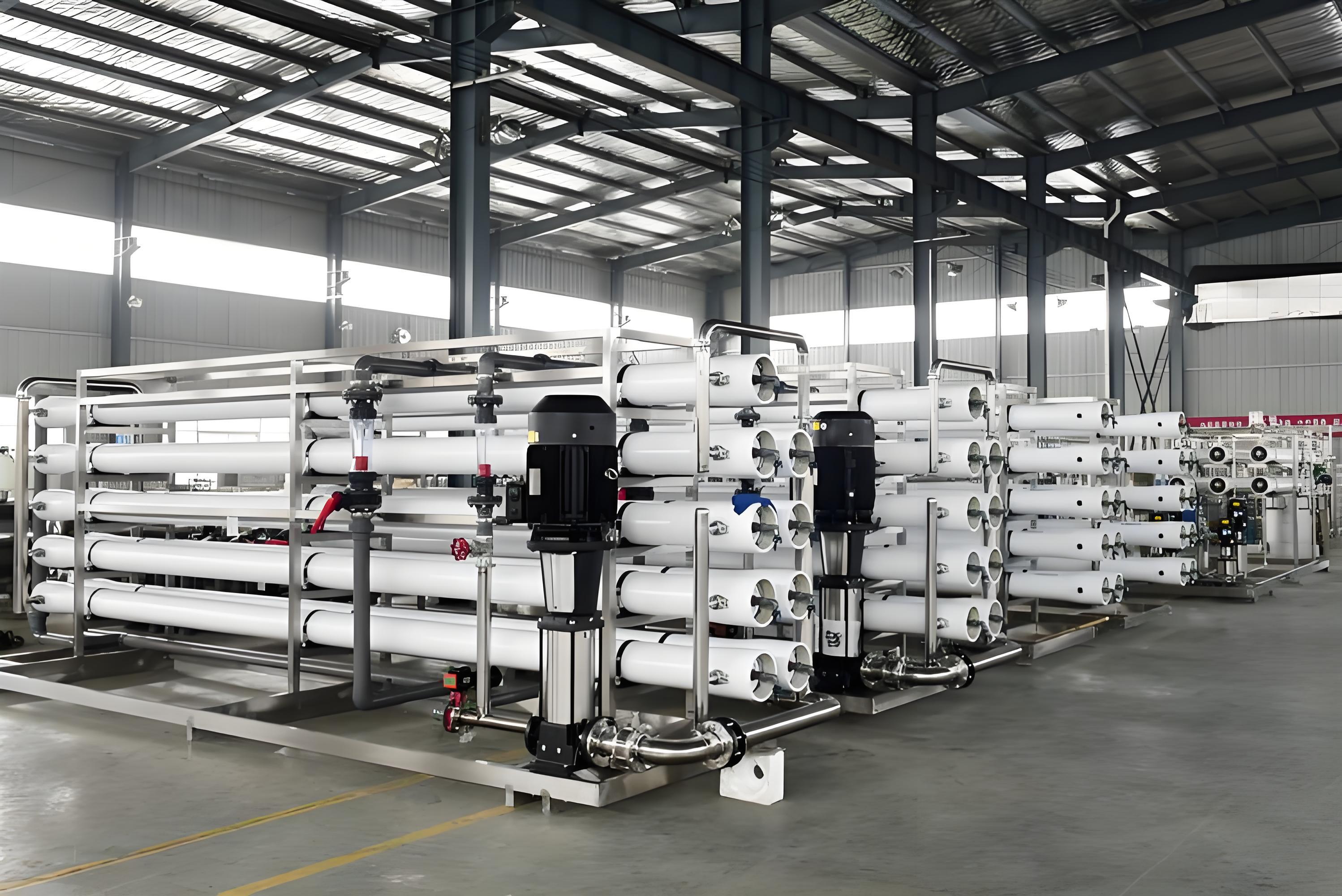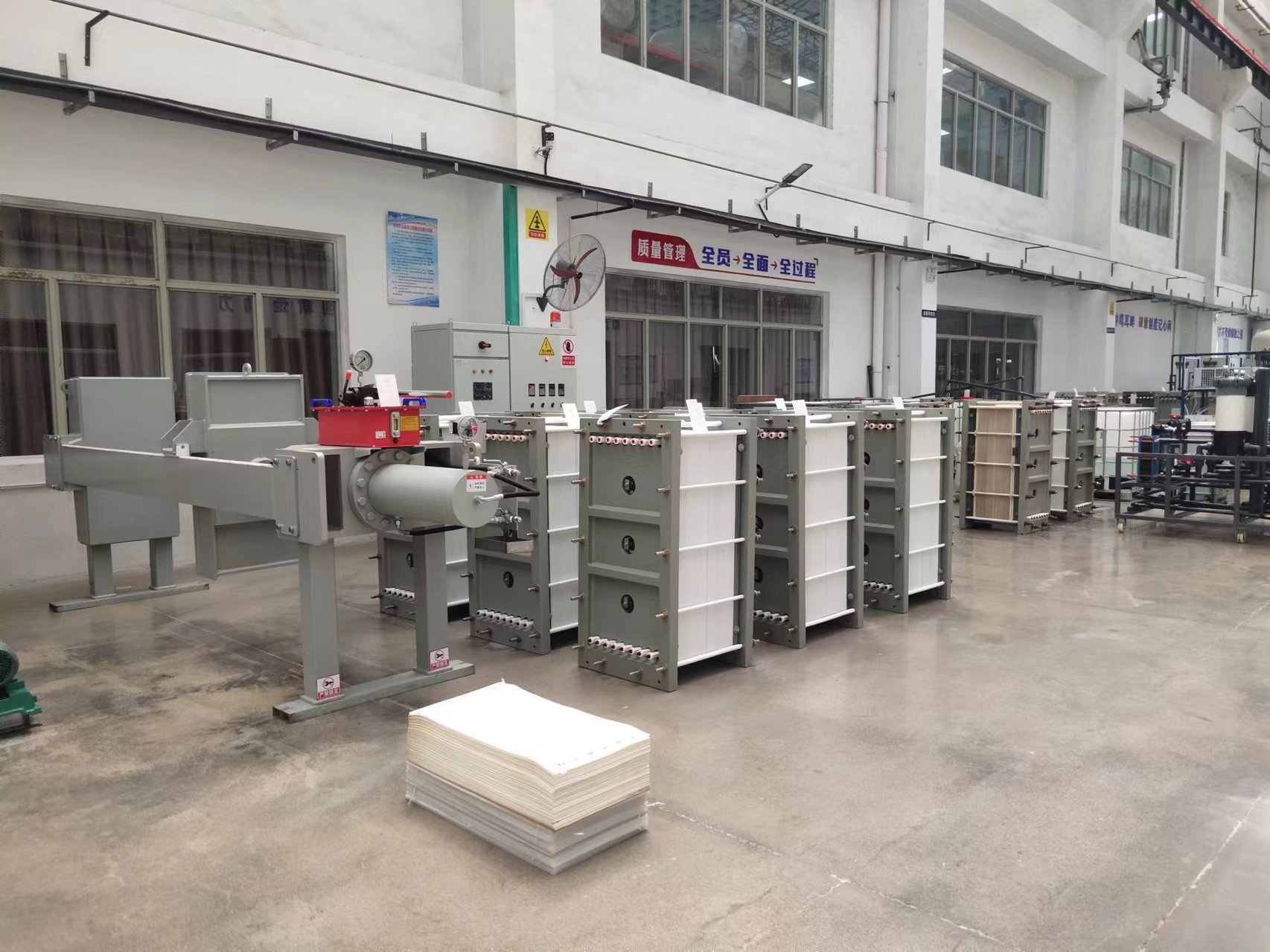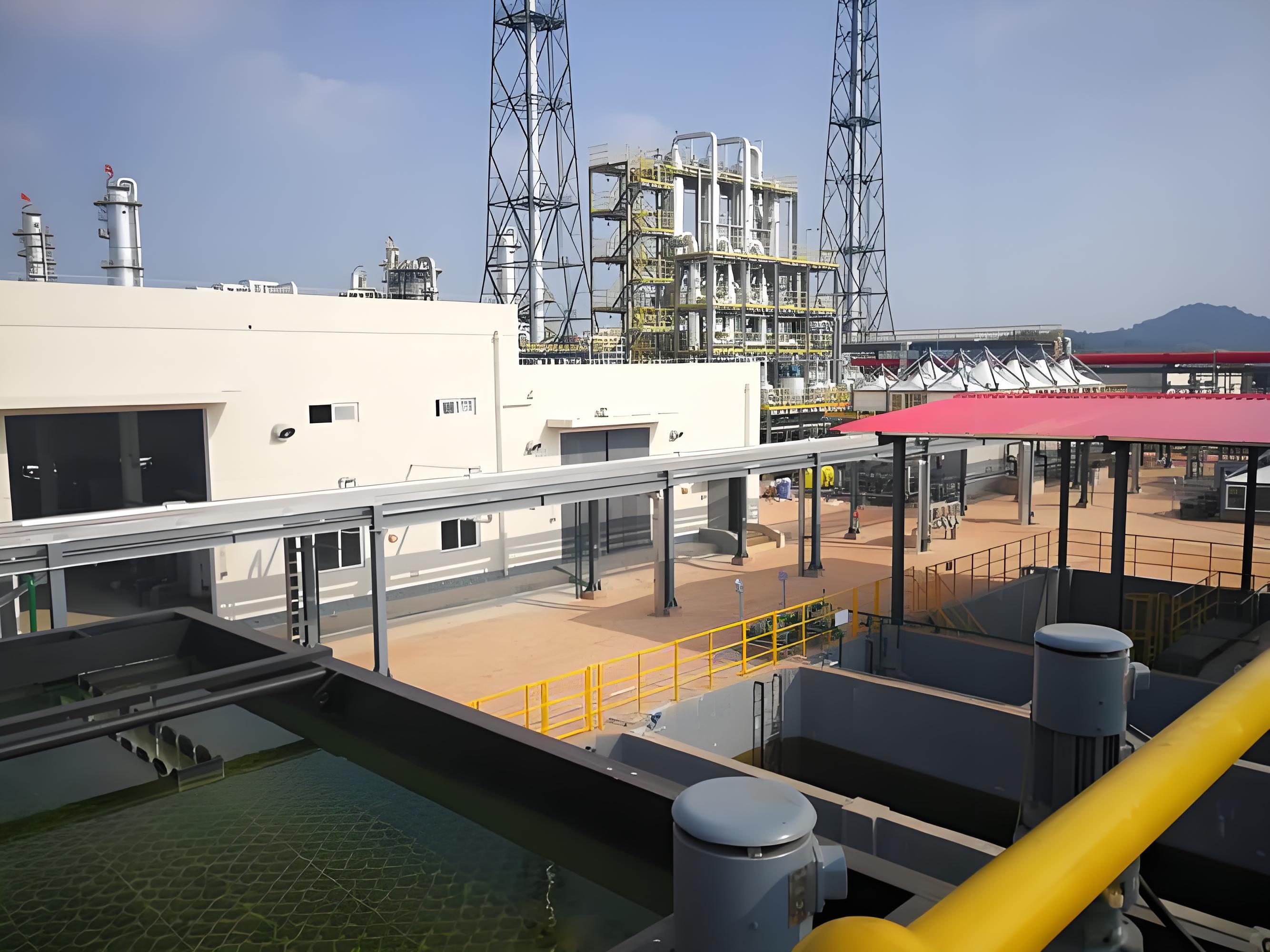06
2023
-
01
Environmental protection requires the cancellation of bypass, but safety does not allow cancellation. What should we do? Which processes can be bypassed? Are measures taken on the bypass?
Author:
Reason:
On June 24th, the Ministry of Ecology and Environment issued a notice on the "2020 Plan for the Control of Volatile Organic Compounds", which includes the following paragraph:
Improve the waste gas collection rate according to the principle of "receiving all receivables". Promote the cancellation of the bypass of the exhaust emission system. If it is necessary to retain the bypass due to safety production and other reasons, a list of retained bypasses should be submitted to the local ecological and environmental department. The bypass should be kept closed in non emergency situations, and supervision should be strengthened through lead sealing, installation of automatic monitoring facilities, flow meters, and other methods. After opening, it should be reported to the local ecological and environmental department in a timely manner, and ledger records should be kept.
Among them, it is pointed out that there are many VOCs exhaust gas bypasses and there is no effective supervision, and some enterprises even have prominent problems such as direct discharge through bypasses.
Let's take a look at the management requirements for organic waste gas bypass.
1. Outstanding issues
There are a large number of production and governance facilities with bypasses and hidden pipeline settings, which have not been included in daily supervision. The bypass flue and valves have severe air leakage, and some enterprises use safety reasons to directly or secretly discharge through emergency exhaust ports of terminal governance facilities, intermediate process direct discharge pipelines of governance facilities, coke oven hot standby chimney, etc. Some enterprises forge bypass management accounts or tamper with the bypass opening parameters of the central control system.
2. Key points of investigation and inspection
Focusing on the top of the production workshop, the top of the production equipment, backup chimneys, abandoned chimneys, emergency discharge outlets, and treatment facilities (including boilers, furnaces, etc. that undertake waste gas disposal functions), we will investigate the bypasses that can directly discharge organic waste gas without using treatment facilities and register them one by one;
Check the record of enterprise bypass management ledger, the installation of bypass flow meters and automatic monitoring facilities, the opening method of bypass valves, the preservation of signal parameters for central control system bypass opening, and the construction of backup bypass treatment facilities. Establish an organic waste gas bypass inspection list;
Use portable equipment to conduct on-site testing of bypass exhaust emissions.
3. Governance requirements
Conduct a systematic evaluation of the production system and governance facility bypasses. In addition to emergency bypasses that must be retained to ensure safe production, measures such as thorough dismantling, cutting off, and physical isolation should be taken to eliminate bypasses (including direct discharge pipelines in production workshops and production equipment construction).
In principle, industrial coatings, packaging and printing industries that use solvents do not have emergency bypasses. For emergency bypasses that need to be retained, enterprises should report to the local ecological and environmental department, keep them closed in non emergency situations, strengthen supervision through lead sealing, installation of automatic monitoring facilities, flow meters, and other methods, and keep historical records. After opening, they should promptly report to the local ecological and environmental department and keep records.
Enterprises that have built a central control system should install induction valves in the bypass, and signals such as valve opening status and opening should be connected to the central control system. Historical records should be kept for at least one year. The petroleum refining, petrochemical, synthetic resin and other industries should collect and treat the waste gas emitted by production systems such as control valves and safety valves, and should not be directly discharged into the atmosphere.
On the premise of ensuring safety, the treatment facilities can add buffer tanks to collect and temporarily store the exhaust gas from abnormal working conditions before processing, and promote the cancellation of bypass. Encourage the construction of backup VOCs treatment facilities in the bypass to prevent waste
Related Products
Biological nitrogen removal process of low temperature wastewater
2024-05-28
Prevention and treatment of calcium carbonate scaling in reverse osmosis operation
2024-05-22
Treatment of pyrazolone production wastewater - bipolar membrane electrodialysis process
2024-05-20
How much salt does sewage contain that can enter the biochemical system?
2024-05-17
Huanke Environmental Protection Technology
HOTLINE:
Address:Gongye 1st Street, Weicheng District, Weifang City, Shandong Province China
Contact:Zhang Gong
Phone:+86-18865361829
Email:sdhuanke@163.com


Consult
Copyright © 2023 Shandong Huanke Environmental Protection Technology Co., Ltd






